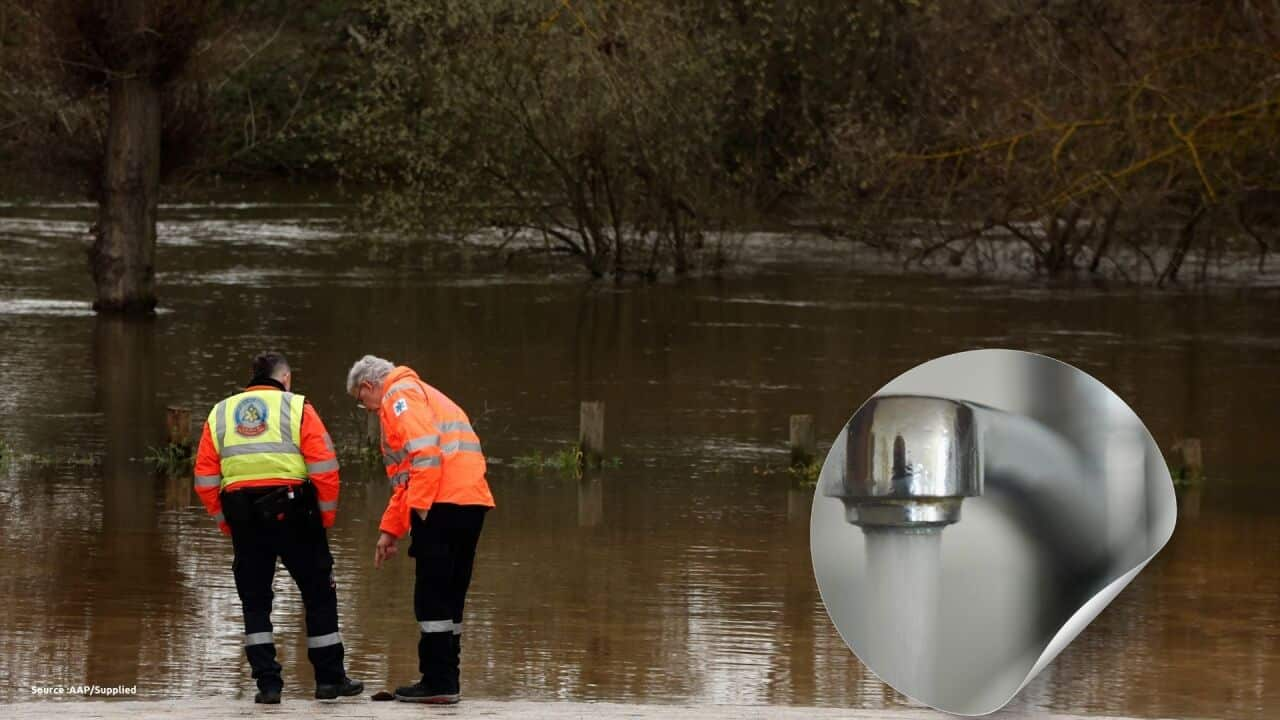The Harmony Alliance has released a report highlighting the difficulties that female migrants and refugees are experiencing in Australia.
Of the women surveyed, many struggle to find employment and have difficulty accessing essential health services.
Anyier Yuol arrived in Australia from a refugee camp in Kenya when she was just 10 years old after losing both her parents in the Sudanese Civil War.
She now works for the Australian National Community on Refugee Women, where she dedicates her life to helping other female refugees and migrants integrate into society.
Ms Yuol says while she relates to the women she works with, the challenges they face now vary greatly from those she experienced growing up.
“Honestly when I look at my upbringing, it was quite different. But now working in the sector I can tell that a lot of young people are going through hard times, especially when they are looking for jobs,” she says.
Women with a migrant or refugee background who have settled in Australia are finding it very difficult to access health services and find jobs.
This was the main conclusion reached by the Migrant and Refugee Women's Voices Survey, produced by Harmony Alliance in partnership with SBS.
The survey was distributed through SBS language channels, and was translated into five languages in order to maximise responses.
Audio and Language Content Manager at SBS, Mark Cummins, says supporting the survey and its results is crucial to ensuring the concerns of migrant women are heard.
“Surveys like this just give people a voice, it also gives us something to talk about on air, so we'll be able to have these conversations, open up these conversations with people. I think the fact they are being done is a support in itself - just to know that there's people out there who do understand that there are issues and being asked a question is sometimes the first way to start talking about this,” Mr Cummins added.
Of the 371 women represented in the survey, 77 per cent had paid work in the past 12 months and were more likely to find a job the longer they’d been in Australia.
Those having difficulty finding work said they often weren’t offered interviews, despite their qualifications.
Harmony Alliance Chairwoman Maria Dimopolous says the survey clearly highlights two key areas which inhibit migrant women from finding a job in Australia.
“I think recognition of oversea or professional skills that people arrive with and the fact that they are often not identified as being skills here in this country, is an important barrier to women achieving the sorts of outcomes that they are looking for. I think discrimination was certainly identified as a key area, just not even getting job interviews based on things like your surname or based on your ethnicity,” said Ms Dimopolous.
The survey also identified a significant gap in migrant women's ability to access important health services.
Twenty-four per cent of surveyed women said they’d never received medical advice about physical or mental health problems.
While sixty-six per cent reported they rarely had access to interpreters for health services, because they were incorrectly told their English was too good.
Ms Dimopolous says it should be a human right for migrant women to have equal opportunity to access medical staff and interpreters.
“It's a major concern to hear that women are basically not getting access to information in language that are impacting on their health outcomes. It obviously is then going to effect the choices that women make about whatever diagnosis or prognosis that they receive,” she added.
Anyier Yuol says the results were heartbreaking to read.
While the results were expected, they highlighted just how many women are struggling to have access to health services.
She wants to encourage women to be confident and ask for the services they want and need.
“Don't be afraid to ask for referral for anything, it could be education, it could be health, because nowadays it's quite different. A lot of migrants are facing many challenges and we really need to start pushing services out there,” Ms Yuol.
It's hoped the survey's findings will lead to more resources to ensure that all migrant women are better supported in Australia.




